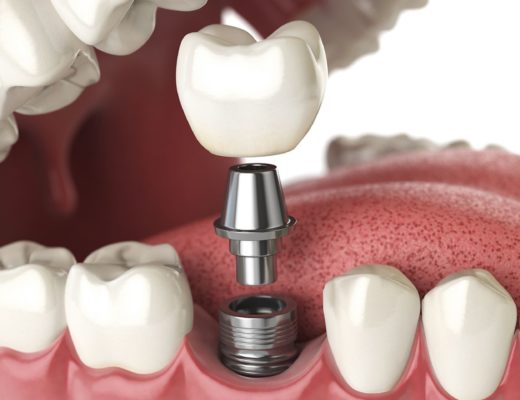Anorexia nervosa and bulimia nervosa are serious eating disorders that can severely affect a person’s physical and mental health. While these conditions primarily affect adolescents and young adults, their impact on oral health cannot be overlooked. As healthcare providers, pediatric dentists play a crucial role in identifying and addressing the oral manifestations of anorexia and bulimia. Because dentists can influence children with their kindness and care. This article will discuss the pediatric dentist’s approach to these eating disorders and the importance of early intervention.
Recognizing Oral Signs and Symptoms
The oral cavity can exhibit specific signs and symptoms that may indicate the presence of anorexia or bulimia. Pediatric dentists are trained to recognize these oral manifestations during routine dental examinations. Some common oral signs include:
- Erosion of tooth enamel: Frequent self-induced vomiting associated with bulimia exposes the teeth to stomach acids, leading to tooth enamel erosion. This can result in tooth sensitivity, discoloration, and an increased risk of tooth decay.
- Tooth sensitivity: Erosion of the tooth enamel can cause increased sensitivity to hot or cold temperatures, sweet or acidic foods, and even air. This could lead to child anxiety. And childhood anxiety can lead to eating disorders.
- Changes in salivary glands: Reduced food intake and dehydration associated with anorexia can affect salivary gland function, leading to dry mouth. Saliva plays a crucial role in maintaining oral health by neutralizing acids and preventing tooth decay.
- Swollen or bleeding gums: Nutritional deficiencies and poor oral hygiene practices often observed in individuals with eating disorders can contribute to gum inflammation and bleeding.
- Mouth sores and ulcers: Nutritional deficiencies can weaken the immune system, making the mouth more susceptible to infections and developing painful sores.
- Bad breath: Poor oral hygiene and dry mouth can result in persistent bad breath, also known as halitosis.
Sensitive Approach and Referral
When a pediatric dentist suspects or detects signs of anorexia or bulimia in a patient, it is crucial to approach the situation with sensitivity, empathy, and confidentiality. Open communication with the patient and their parents or caregivers is essential for establishing trust and providing support.
The pediatric dentist should refer the patient to appropriate healthcare professionals, such as a primary care physician, pediatrician, or mental health specialist, who can comprehensively diagnose and treat the eating disorder. Collaboration among healthcare providers is vital to ensure a holistic approach to the patient’s overall well-being.
Educating Patients and Parents/Caregivers
Pediatric dentists have a unique opportunity to educate both patients and parents/caregivers about the impact of anorexia and bulimia on oral health. Dental professionals can raise awareness and encourage early intervention by providing information on the oral consequences of these eating disorders.
Promoting Healthy Oral Habits
Encouraging good oral hygiene practices is crucial for patients with eating disorders. Pediatric dentists can provide specific recommendations on oral care routines, including brushing techniques, flossing, and the use of fluoride products. They can also emphasize the importance of regular dental check-ups and cleanings to promptly monitor and address any oral health issues.
In Conclusion
Anorexia nervosa and bulimia nervosa are complex disorders with significant implications for oral health. As part of a comprehensive healthcare team, pediatric dentists play a critical role in recognizing the oral signs of these disorders, referring patients for appropriate treatment, and providing education and support. By addressing the oral manifestations early on, pediatric dentists contribute to the overall well-being and recovery of patients struggling with anorexia and bulimia.




